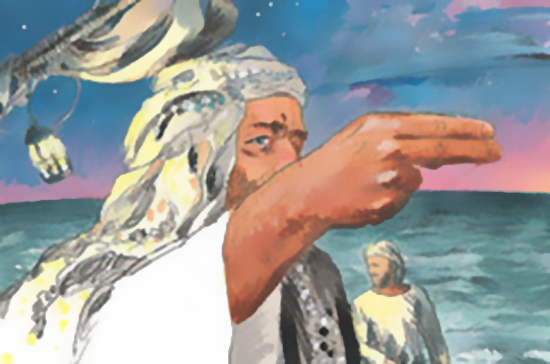By Islam El Shazly
I have always been told that nostalgia is a seductive mistress, which is very much true, too much dwelling on what has been, and what might have become had it stayed the same, can lead to a lot of misery, frustration, and a bit of stagnation in creativity.
However, it is one of the very few things that we share as humans, and we don’t share much really. Reminiscing about the glory of the past, the architecture and the arts, the culture and the might. There’s a certain romance to it, and that’s not too bad, because if used properly, it can fuel future grand designs in all aspects of life. Read more…









